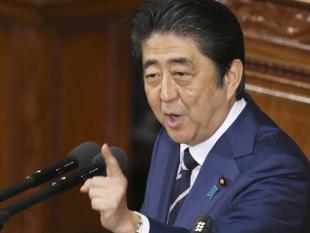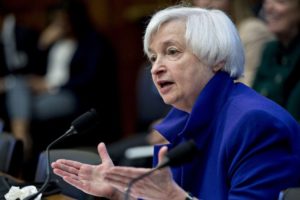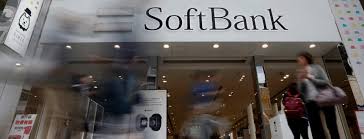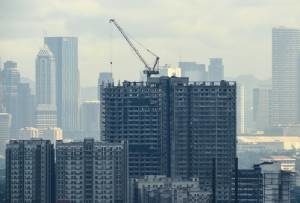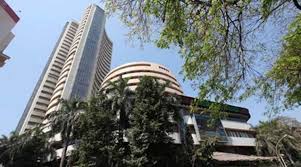
With mixed positive sentiments among investors and unabated funds inflows in both global and domestic rallies, markets created yet another milestone in the stock trading history on Wednesday. The benchmark Sensex ended with new and all-time high of 30,133.35 for the first time, while the broader Nifty scaled a new peak at 9,351.85 points.
Similarly, energised by positive global cues in line with a spectacular rally in equities, the rupee also surged by another 15 paise to close near a fresh 21-month high of 64.11, the third straight session of gains. This is the highest closing for the rupee since August 10, 2015, when it had ended at 63.87.
The market momentum also got an additional push on growing expectations for robust foreign inflows to India sparked by a renewed optimism about the US economy and waning anxiety over the European political landscape. Besides, stocks also saw frenzied buying, in line with global shares, which have been on a high after the first round victory of centrist Emmanuel Macron in French presidential elections. Investors are also keeping an eye on US President Donald Trump’s much-awaited tax reforms.
However, traders and market insiders have a different view on this unusual rally, saying that the impressive show by the ruling BJP in Delhi civic polls added to the positivity in the share market.
Keeping the upward trend of the markets, the BSE, however, cautioned the investors not to be carried away by the ‘euphoria’ and refrain from investing in penny stocks. BSE Chief Executive Ashish Chauhan appealed to investors to invest only in good companies or opt for the mutual funds’ route to invest in the markets. “As an exchange, we advice investors not to be carried by the 30,000 mark euphoria and they should not invest in penny stocks nor do they fall prey to fly-by- night operators,” Chauhan said after celebrating the milestone at the Dalal Street towards the end of the trading hours in Mumbai.
As far as Sensex is concerned, the BSE 30-share index opened on a strong footing and surged to a lifetime high of 30,167.09 points in intra-day trade, before settling at 30,133.35, up 190.11 points, or 0.63 per cent. This surpassed its previous record close of 29,974.24, reached on April 5. The gauge had hit its previous intra-day high of 30,024.74 on March 4, 2015. The Sensex has gained 768.05 points or 2.62 per cent in three days.
Similarly, the broader 50-issue NSE Nifty scaled a new high of 9,367 before finally settling 45.25 points, or 0.49 per cent higher at 9,351.85, a new record closing.
Its previous closing high of 9,306.60 was hit in Tuesday’s trade. It also broke the previous intra-day record of 9,309.20. “Market has made a higher high on account of rising global optimism due to ease in political risk in Eurozone and expectation of tax reform in the US. “Volatility emerged during the late hours due to profit booking but short covering ahead the expiry navigated the direction back to north. Optimism on earnings and continued buying by local investors is directing the recent rally in the market,” said Vinod Nair, Head of Research, Geojit Financial Services.
Overseas, Asian indices also ended higher following overnight rally in US stocks on strong earnings announcements and expectations surrounding US President Donald Trump’s impending tax reforms. Tokyo’s Nikkei ended up 1.1 per cent, while Hong Kong’s Hang Seng rose 0.5 per cent, its fifth straight day of gains. Shanghai Composite Index edged up 0.2 per cent.
Key indices in Europe, however, were mixed in their morning deals, with Paris CAC 40 rising 0.1 per cent, London’s FTSE slipping 0.06 per cent and Frankfurt’s DAX 30 declining 0.03 per cent. Back home, of the 30-share Sensex pack, 18 scrips ended higher while 12 closed lower.
Major gainers were ITC 3.36 per cent, M&M 3.29 per cent, HDFC 2.36 per cent, HUL 1.78 per cent, ICICI Bank 1.61 per cent, Tata Motors 1.17 per cent, Bharti Airtel 1.14 per cent, Maruti 0.88 per cent, HDFC Bank 0.73 per cent and Asian Paints 0.73 per cent.
The total turnover on BSE amounted to Rs 5,021.73 crore, higher than Rs 4,006.89 crore registered during the previous trading session.
